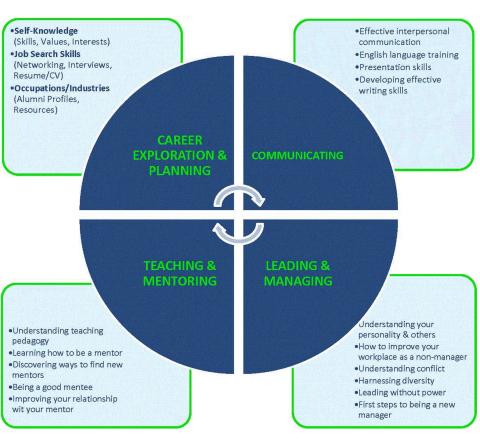Have you drafted a career plan? Do you know if you have the required skills for your dream job? Figuring out the next step in your career and how to prepare for it can be stressful. But developing a plan, early on in your career, will help guide you through this process of identifying and achieving your career goals. This year, the OITE will be dedicating its blog to help you develop a Career Success Plan, focusing on a variety of core competencies that are critical for your career development, the first being career exploration and planning.



In the first part of this series, we talked about how to identify a good mentor. Now that you have done so, how do you cultivate and maintain that relationship? Identifying a mentor is not an easy task; making it work can be even more challenging. In this blog, we will give you some tips to help foster and maintain your mentoring relationships. Take ownership of your career Take charge; remember you are the one in control! Think about your career goals in the short-term and long-term.

You have probably heard the word “mentor” many times and how important a mentor can be for your career, but how can you identify suitable mentors for you? This is a question that many trainees ask themselves. Identifying a good mentor is not an easy task and it takes time and dedication.

